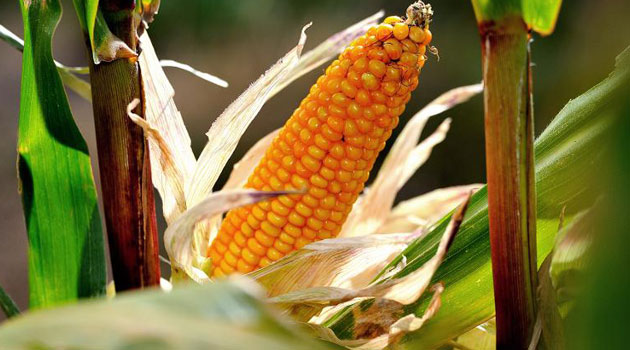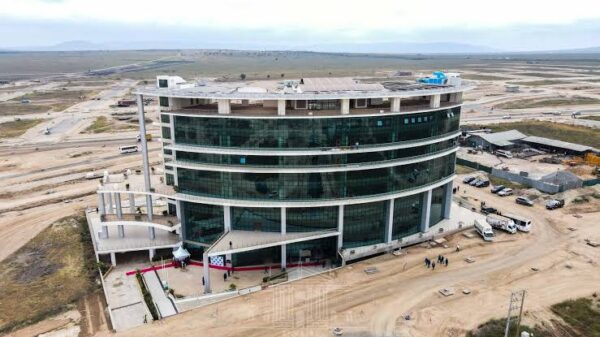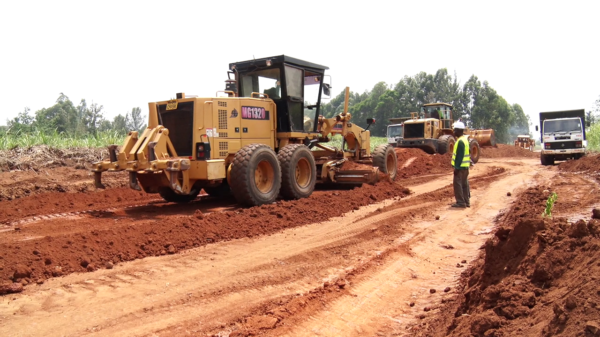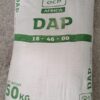
The Mutual Recognition Framework will support a network of specialized laboratories in the member states with competence in aflatoxin analysis and certification/FILE
The Mutual Recognition Framework will support a network of specialized laboratories in the member states with competence in aflatoxin analysis and certification.
The initiative will involve conduct training on sampling and testing for aflatoxin grain traders associations, millers and processors.
“Through proficiency testing and the mutual recognition framework, COMESA will enable 11 laboratories from the member countries participating in the scheme to recognize each other’s analytical results and certificates of analysis,” COMESA Coordinator for Sanitary and Phytosanitary Programme Martha Byanyima said.
The targeted laboratories include four in Kenya, two in Malawi and one each in Rwanda, Uganda, Zambia, Zimbabwe and the Democratic Republic of Congo.
Currently, no mutual recognition of technical standards and equivalence of food safety systems exist of staple foods crossing borders and this continues to be an impediment to intra-COMESA trade.
A special report by COMESA indicates that staple foods crossing borders are subjected to conformity assessment procedures and protocols in both the exporting and the importing countries which increases the cost of trading and in some cases hinders it.
The report cited Kenya that supplements its stocks through imports from Uganda, Tanzania, Malawi and Zambia among others as a case in point.
All maize imported into Kenya, including from East African Community (EAC) partner states, is subjected to conformity assessment checks against the East Africa Standard (EAS 2:2013) related to broken and discoloured grains, moisture content and Aflatoxin limits.
In spite of harmonising maize standards and adopting the regional standard, the EAC member States have not achieved full harmonization as consignments from the partner states still have to undergo aflatoxin testing and quality inspections at ports of entry.
The envisaged mutual recognition will achieve one time testing in the exporting country and remove the need for additional testing in the importing country.
“This will simplify the food safety regulatory environment for staple food trade in the region and reduce the cost of trading food staples (particularly maize and maize products), by eliminating multiple testing and inspection activities carried out in the exporting and importing countries,” Byanyima said.


































